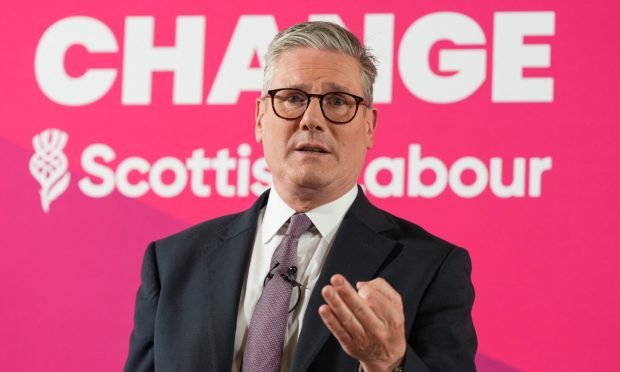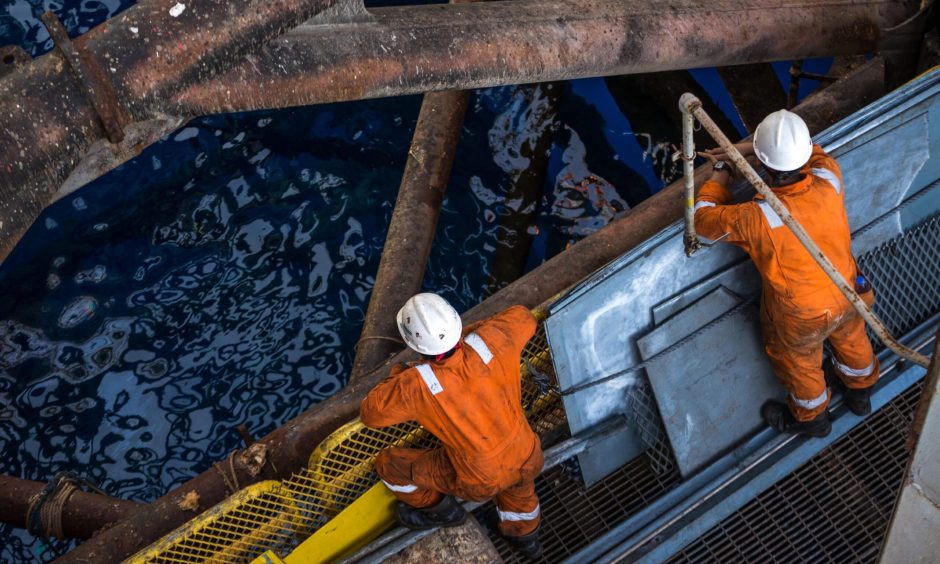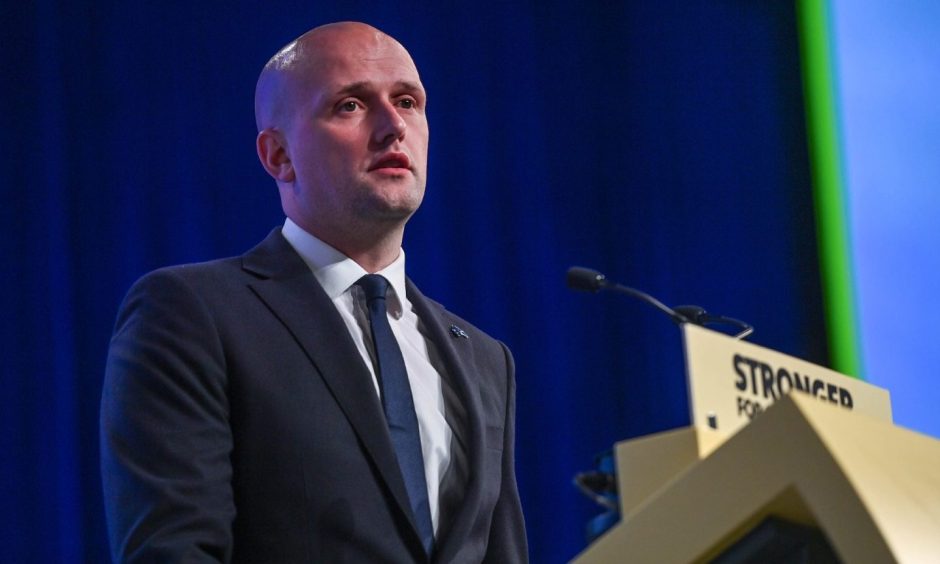Sir Keir Starmer has made a new publicly-owned energy firm based in Scotland central to Labour’s pitch.
But so far there has been a lack of detail on what voters can actually expect from GB Energy – and whether it will be based in Aberdeen or not.
Industry leaders in the north-east want to see that happen but so far Labour have remained coy and repeatedly refused to confirm.
What is GB Energy?
Sir Keir used an election campaign stop in Inverclyde on Friday to push the policy, which the party says will create 53,000 new clean energy jobs.
But he was forced to admit GB Energy is “not an energy company” at all and is instead an “investment vehicle” for the private sector.
His remarks prompted the SNP to claim the “damaging plans” are a “sham”.
The Unite union called on the party to provide full details of how it intends to create well-paid, green skilled jobs.
Put on the spot over the proposals by BBC Good Morning Scotland, Sir Keir said the firm will instead use public money to “trigger private investment” in clean projects.
This would be done with the aim of cutting energy bills for consumers.
The party said initial investments would focus on wind and solar projects, with new technologies such as floating offshore wind, hydrogen and carbon capture and storage also eligible for funding.
How will it be funded?
Labour wants to hand the company £8.3bn over the next five years for investments, funded by a windfall tax on the profits of oil and gas firms.
The Tory government recently extended this levy until 2029, but Labour want to charge a higher rate and close some tax allowances for investment.
Energy experts have warned the proposals could destroy up to 100,000 jobs.
Sir Keir rejected that claim and said the energy transition he will oversee will bring “more jobs” to Scotland.
He said the party, which wants to ban new oil and gas licences, is “not going to turn the pipes off instantaneously” with the sector to play a role for “decades to come”.
What has been the reaction?
SNP Westminster leader Stephen Flynn said the remarks show Sir Keir is “utterly clueless” about the Scottish energy industry.
Mr Flynn, standing for reelection in Aberdeen South, added: “His damaging plans for so-called GB Energy are a sham.
“Starmer has been forced to admit it isn’t an energy company…and it will rely on the same private investment that his policies are putting at risk.”
Unite general secretary Sharon Graham said: “Labour has come out today and promised tens of thousands of new jobs for North Sea workers. To make this happen we will need a concrete plan and serious investment.
“Unite has a plan to create 35,000 commensurate new energy transition jobs in Scotland by 2030. This will require investment of £6.6 billion over the next 6 years.
“That is the commitment we need to see if oil and gas workers are not going to be the coal miners of our generation. And until these new green, well paid, skilled jobs are in place there must be no ban on oil and gas licences.”
Andrew Bowie, Conservative candidate for West Aberdeenshire and Kincardine, said Labour’s policy to halt new licences would “destroy tens of thousands of jobs and devastate communities” across the north-east.
And Fergus Mutch, managing partner of Aberdeen-based strategic advisory firm True North, said the “devil will, as ever, be in the detail”.
But the former SNP candidate said it’s clear GB Energy should be based in Aberdeen as a “major global energy hub for half a century”.
Read more:




Conversation